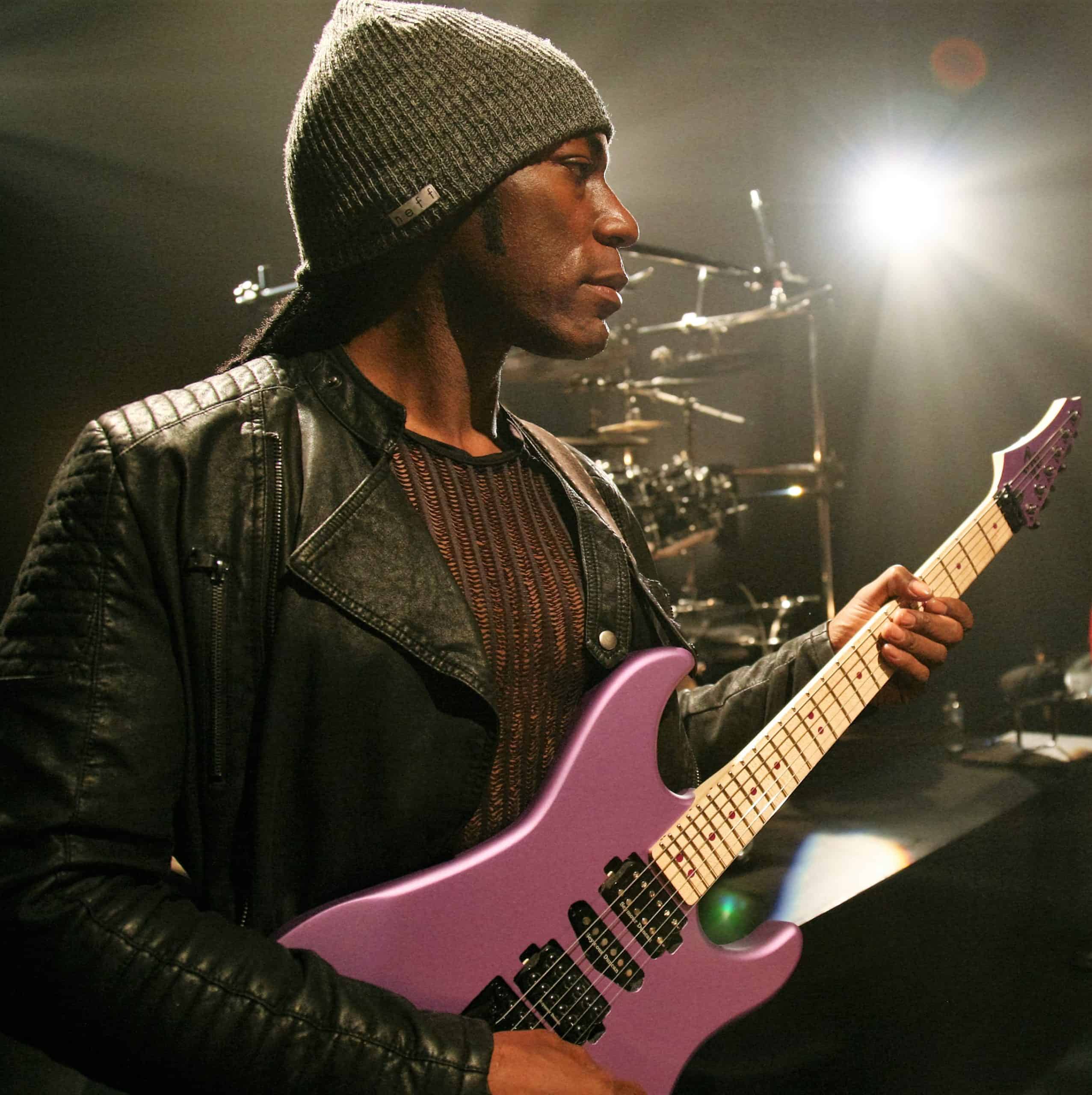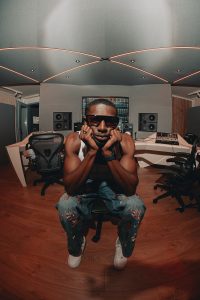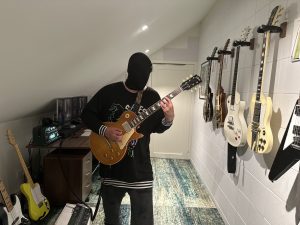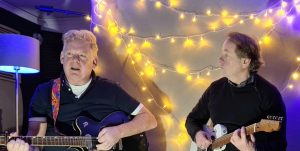Rene Benton is not your average guitarist. From serving in the Marine Corps to performing on stages around the world, his journey is a testament to resilience, adaptability, and passion. Known for his eclectic blend of funk, rock, and metal, Rene has carved a niche that defies genre boundaries, drawing from a rich tapestry of influences and life experiences. In this exclusive interview, Rene opens up about the impact of his military background on his music, the profound experiences that have shaped his artistry, and the faith that guides his creative endeavors. With a new album, “2 Live in O-Ma-Haw; Lyvv in Omaha,” on the horizon, Rene continues to push boundaries while staying true to his roots.
The late 80’s to early 90’s saw an end to guitar centric Funk/R&B music . It ushered in the “New Jack Swing era” which was drum machine and synth driven. I double on Keyboards and , ran a sampler which lead to me touring with various people for a period of time. I started to experiment with original compositions and, to add to that a buddy of mine who worked at a music store started lending me instructional videos of various guitarist. One of those guys were Tony MacAlpine and, he changed my musical life. I already had my influences but, when was added to my eclectic mix along with some other things. It was then I started to find my guitar voice.
Performing at the Demilitarized Zone between North and South Korea is a profound experience. Can you share more about how that performance impacted you as an artist and what it symbolized for you personally?
I have turned down some things that could have been career changing for me OR certain things did not go the way I would have liked. I look at that as divine protection. But , in the long run I am faithful to the God that created me, the Jesus who died for me and , the Holy Spirit who changed me from the inside out. With that I try to choose musical opportunities and endeavors that will NOT bring shame . There are far too many folks who for lack of understanding claim to be Christian but, their fruit says otherwise. None of us will ever be good as God defines good but, to quote the Apostle Paul (or paraphrase) I am not the man I want to be but, I am better than the man I used to be!! So I press forward !!
Your new album, “2 Live in O-Ma-Haw; Lyvv in Omaha,” promises a blend of music, storytelling, and local history. What inspired this concept, and how do you hope listeners will connect with this unique project?
I don’t make it home very often so; In 2018 I happened to go back home and, I saw a lot of changes in which I was unaware of . That lead me to asking questions to people. Which lead to interviews which lead to creating this style of record. Folks do not know a lot about Omaha. I am hoping the listener can walk with a “Who knew” perspective. I know I did !!!
From playing with Chubby Checker to collaborating with Swedish star Gigi Hamilton, you’ve had an illustrious career. Which collaborations or performances stand out as defining moments for you, and why?
Yes, that was someone just being observational. I mean I can palm a basketball!! Ha!! Belief must come with evidence mixed in with faith and a healthy dose of reality. The best way to discover your true passion is only when it is tested. When nothing is working. If you can continue your journey is spite of obstacles then you are on the right track . Persistence overcomes resistance.






